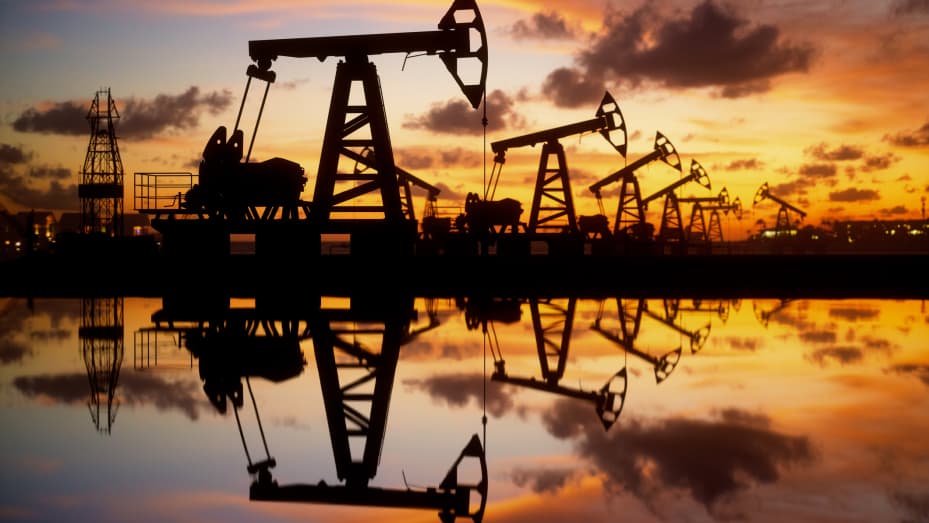newsdesk@business-northeast.com
+91 6026176848

Goa: The International Energy Agency (IEA) has projected that India is poised to take center stage in global oil demand growth over the next seven years, even as its domestic oil production is expected to decline by 22%. The announcement, made during India Energy Week 2024, underscores the country's emergence as the second-largest global importer of crude oil.
According to the IEA report released at the event, India is on track to contribute a substantial increase of almost 1.2 million barrels per day (b/d), accounting for more than one-third of the projected 3.2 million b/d global gains, reaching 6.6 million b/d by 2030. This surge comes at a time when growth in developed economies and China is anticipated to slow and reverse.
The report highlights a significant decline in India's domestic oil production, projected to reach 540 thousand b/d by 2030, down from the current 700 thousand b/d. Despite being a relatively small oil producer, domestic production accounted for only 13% of the country's supply needs in 2023. The government's efforts to attract foreign upstream investment have not been sufficient to offset the anticipated decline in production over the medium term.
The rise in electric vehicle adoption and improvements in energy efficiency are expected to mitigate additional demand by preventing 480 thousand b/d in the period from 2023 to 2030.
A noteworthy development is the significant increase in refining capacity in India. Over the next seven years, an additional 1 million b/d of new refinery distillation capacity is anticipated, surpassing capacities in any country outside of China. This expansion, however, is expected to escalate crude oil imports to 5.8 million b/d by 2030, raising concerns about India's supply security.
The IEA has stressed the importance of India enhancing its capacity to respond to potential oil supply disruptions. This includes strengthening its Strategic Petroleum Reserve (SPR) programs and improving overall preparedness within the oil industry.
The projections and trends outlined in the report have far-reaching implications for India's energy landscape, emphasizing the need for strategic planning and investments in ensuring a secure and sustainable energy future.
ALSO READ: VP inaugurates the World Sustainable Development Summit 2024 at TERI today
Copyright © 2024 Business Northeast. All Rights Reserved
Developed By Novo Computing
